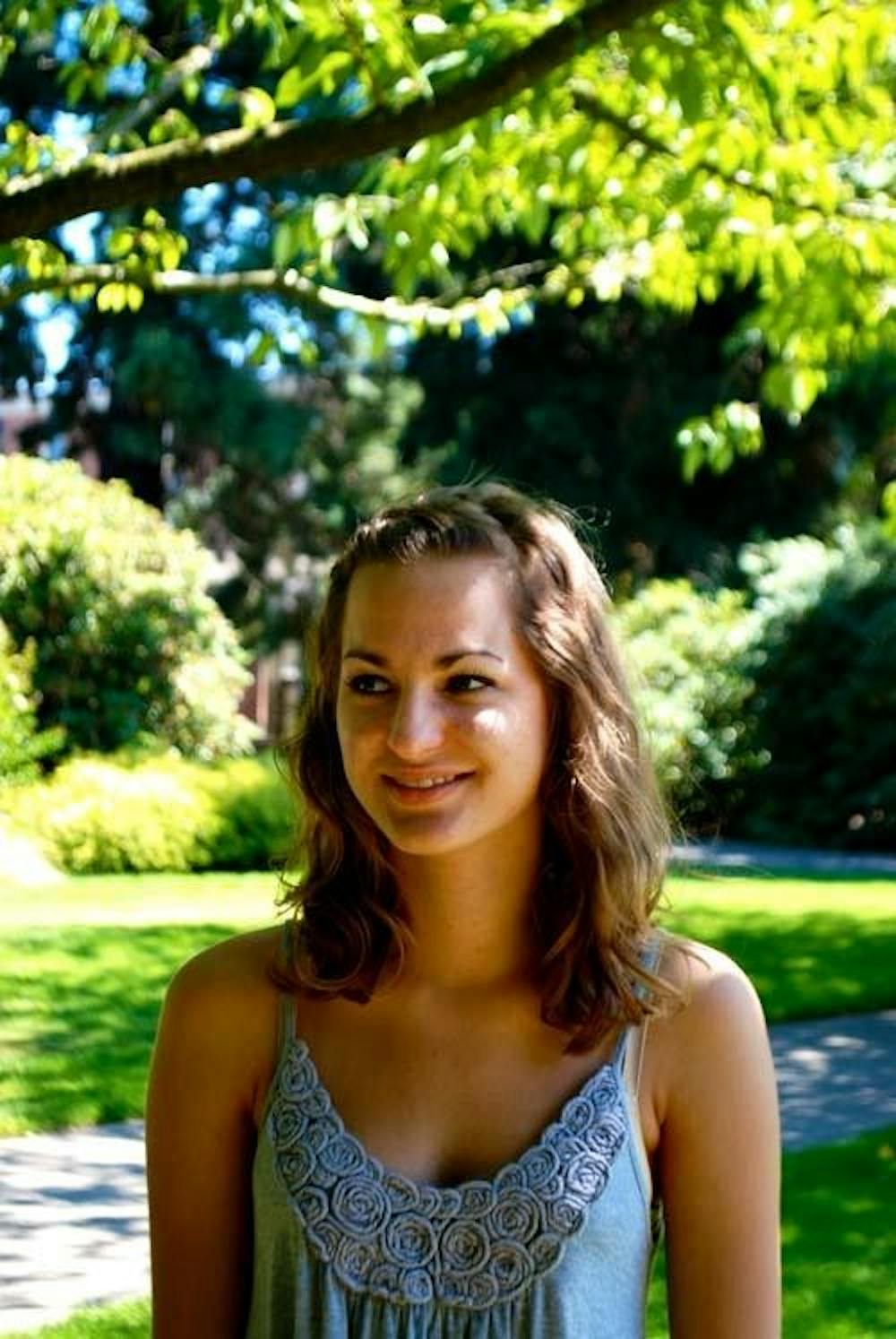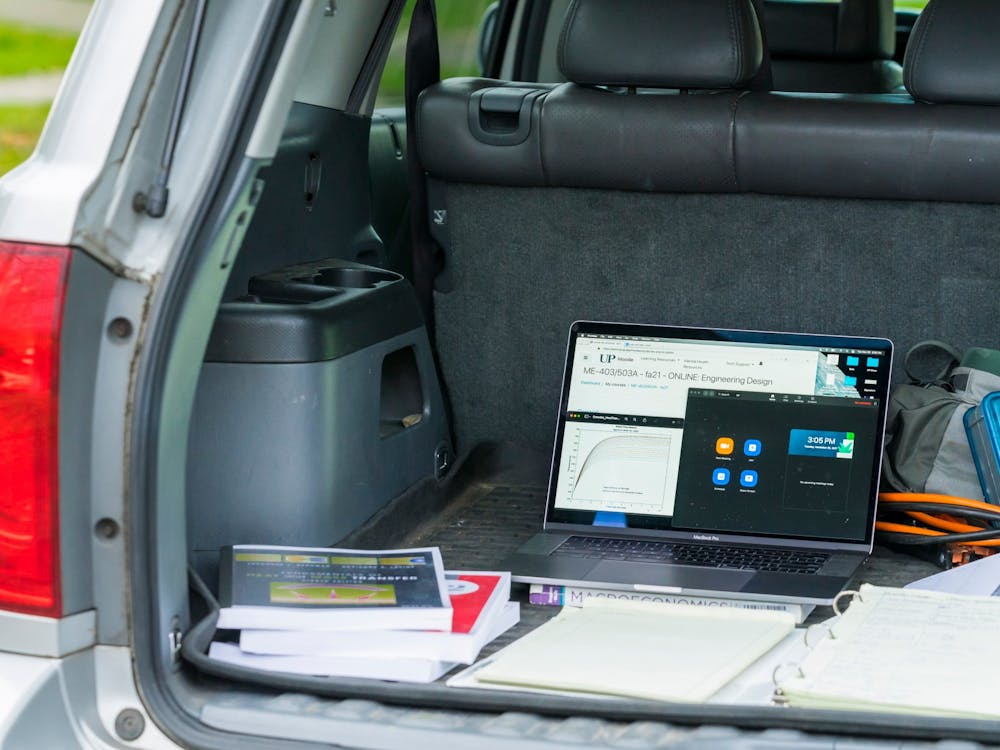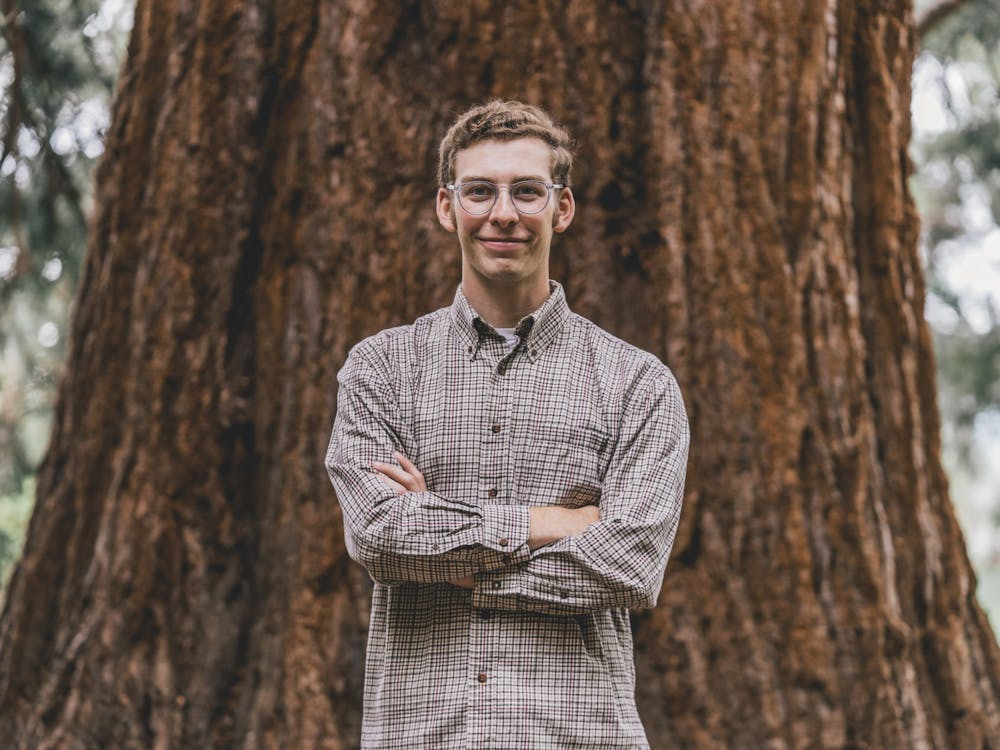Sarah Hansell (The Beacon)
By Sarah Hansell, Staff Commentary
Last week in my Intro to Sociology class, my professor put an idea in our heads that, as novel and rewarding as it sounds, we would almost surely never accomplish.
Our professor knows a fellow educator who, for a time, volunteered in the prison system teaching inmates sociology. At the beginning of year, he informed them that he would grade the class on a curve.
One inmate raised his hand and asked a question: So if no one filled out the exam, everyone would get a zero and therefore everyone would get 100 percent?
The professor replied that yes, theoretically that would work, but he scoffed at the notion that it would ever happen. He had never had or heard of a class so well-organized and so trusting of one another.
On the day of the final exam, the inmates all sat down in their desks as their professor handed out the final exam.
They each penciled in their name on the bold line at the top of the front page.
In unison, they stood up, marched to the front of the classroom and left 25 blank exams in a neat stack on the astonished professor's desk.
Can you imagine students organizing this plan at UP?
Who would bring it up? Who would listen?
Who would trust every other student in the class enough to risk their grade on a final exam?
Our professor told us this would never happen with college students. There is always someone who breaks out of the group and does the test anyway, either because they love tests and want to display their superior knowledge, or because they are scared of the plan failing and receiving a bad grade.
We fail to organize. Or perhaps we are not motivated enough.
Perhaps we are scared of the consequences.
This is the problem with college students.
We endlessly complain about policies that directly affect our lives. What do we expect? That whining will gain us any ground? Or does it simply relieve our frustration to passively complain to our friends about issues we will never do anything about?
Almost every issue of The Beacon features articles and commentaries sent to the paper from UP students complaining about Commons' prices. Commons' food choice. Commons' policies.
Do not misunderstand, the articles you write in are wonderful. I am glad to see students voicing their opinions to the UP community.
But what are you doing?
Eating at The Commons.
What if every single UP student boycotted The Commons for just one day?
Imagine what an impact a protest like this would have. Not only would Bon Appétit be losing money from students who do not have pre-paid meal plans, but the sight of an empty Commons would force UP and Bon Appétit to take notice and realize that students' complaints are serious and must be addressed.
Now look at UP's policies and their blatant exclusion of sexual orientation from the nondiscrimination policy.
There are students at UP who are formally unprotected by their school by virtue of their sexual preference.
What are we doing?
The Gay Straight Partnership is not allowed to call itself the Gay Straight Alliance. My only guess for the reasoning behind this is the word "alliance" has confrontational connotations.
I cannot speak for the Gay Straight Partnership, but when students are discriminated against in their own community and in the world at large, an "alliance" represents solidarity among a group that unofficially promises to stand up for each other.
I love this community, and I pay the exact same amount, whether through scholarships, loans or otherwise, as every other student here. I believe this grants me the same protections and privileges they enjoy, regardless of my sexual orientation.
Those who feel excluded or threatened by this policy or those who simply recognize its unfairness, could come together and appeal for the support of ASUP, our student government. With the advocacy of this governing body, we could protest this inequality, whether through conversations with administration or marches through campus during class time.
I admit it is difficult to organize a large, efficient group with the same desire for change. Possible consequences are daunting.
Yet, although your passions and beliefs may not be the same as mine, there are many of you here who have something you would change, if you could.
Despite the roadblocks, you can.
The inmates explained to their professor afterward that they were teaching him a lesson – they were not like his other students. They were unified.
Granted, this may have been because a dissenter may have found him or herself falling down a couple flights of prison stairs after ruining what otherwise would have been the perfect plan. Regardless of their methods, by their action they showed the professor what they have: power.
And as a student body, we too often ignore that we too have power.
If we came together to have diplomatic conversations with the administration, if we peacefully protested – if a majority of UP's student body became vocal to the administration, to the community, to the press – about an issue that weighed on us, I do not doubt that we could affect change.
At the risk of sounding like a corny motivational speaker, we have power, and as soon as we recognize that and unite with our fellow students about issues that we have always passively complained about, we will be making use of that power.








